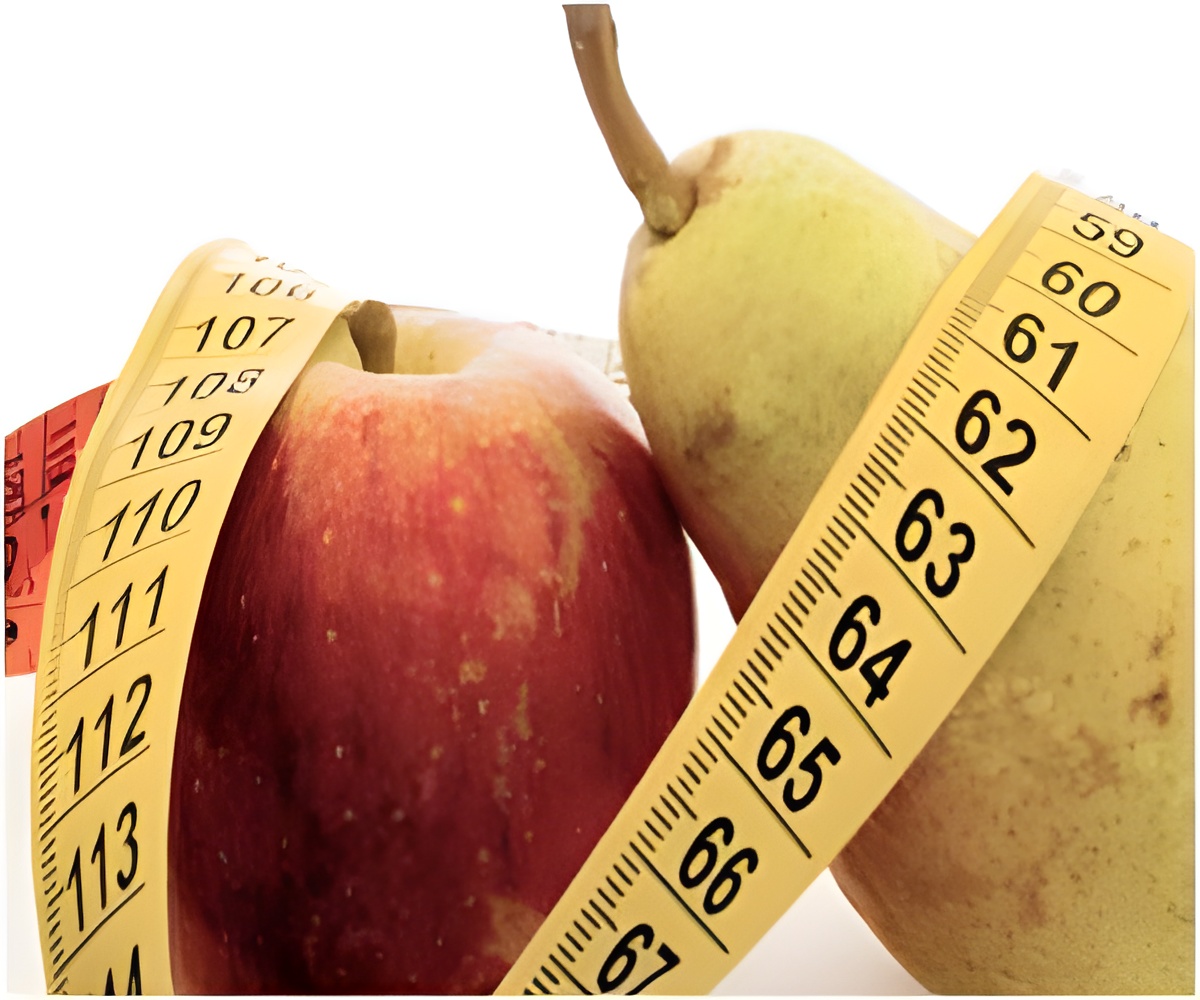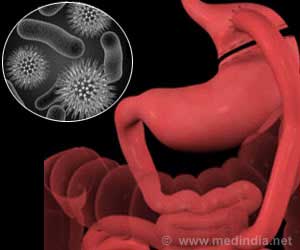Adult pear consumers had a lower body weight than non-pear consumers and they were 35 percent less likely to be obese.

TOP INSIGHT
Pear consumption is associated with higher diet quality. One medium pear provides about 24 percent of daily fiber and thus reduces obesity risk in adults.
"The association between pears and lower body weight is very exciting. We believe fiber intake may have driven the lower body weights that were seen in this study because there was no difference in energy intake or level of physical activity found between the fresh pear consumers and non-consumers," said Dr. Carol O'Neil.
In addition to discovering a correlation between fresh pear consumers and lower body weight, the study found that pear consumption was associated with higher diet quality (as defined by the Healthy Eating Index).
Moreover, the consumption of one medium fresh pear per day had a positive effect on nutrient intake since consumers had higher usual intakes of dietary fiber, vitamin C, magnesium, copper, and potassium, and higher mean intakes of total sugars; consumers of fresh pears also had lower intakes of total, monounsaturated fatty acids, saturated fatty acids, and added sugars.
Pears are an excellent source of fiber and a good source of vitamin C. One medium pear provides about 24 percent of daily fiber needs for only 100 calories. They are sodium-free, cholesterol-free, fat-free and contain 190 mg of potassium.
Source-Eurekalert
 MEDINDIA
MEDINDIA




 Email
Email










